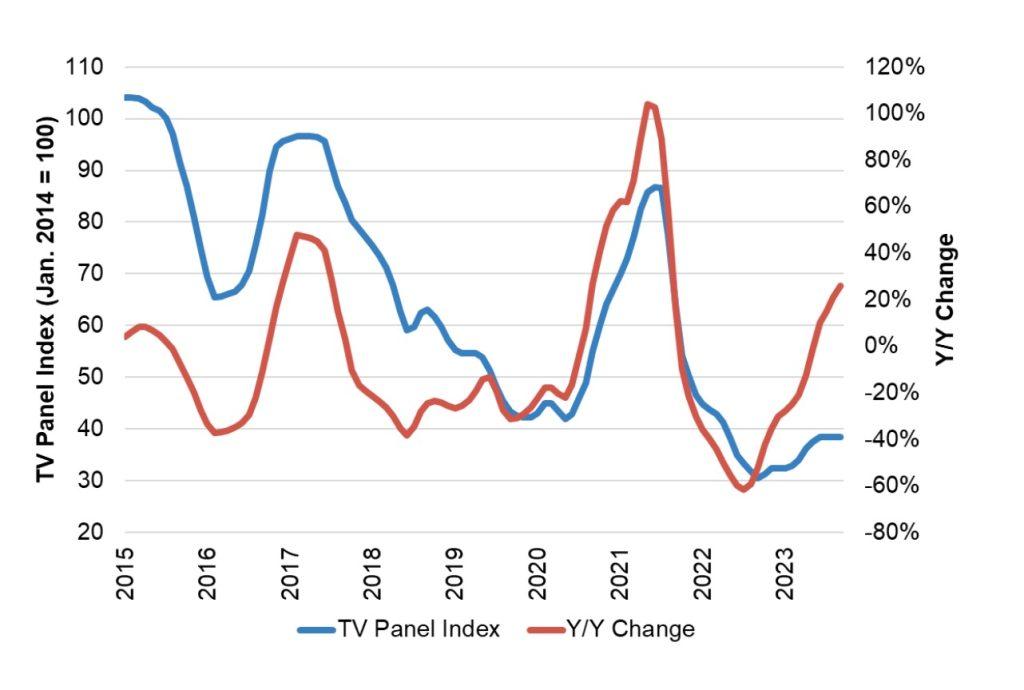When you consider pursuing an advanced degree in engineering, you might wonder how it truly affects your salary and career trajectory. While many believe that higher education leads to better pay and more opportunities, the reality can be more complex. Factors like industry specialization and your current experience level play significant roles in determining the return on your investment. So, is it worth the time and expense? Exploring the nuances of this decision can reveal insights that might surprise you. What’s the real value of an advanced degree in today’s manufacturing engineering salaries landscape?
Overview of Engineering Salaries
When you look at engineering salaries, you’ll find a wide range influenced by factors like industry, experience, and education. For instance, software engineers often earn more than civil engineers, primarily due to the demand for tech talent in today’s digital age.
If you work in industries like aerospace or pharmaceuticals, you might also see higher salaries compared to those in manufacturing or construction.
Your experience plays a crucial role in determining your salary. Entry-level engineers usually earn less than their seasoned counterparts, who can command significantly higher pay due to their expertise and proven track records.
As you gain experience, your salary can increase substantially, especially if you take on leadership roles or specialize in high-demand areas.
Education is another key factor in salary differences. While many positions require at least a bachelor’s degree, obtaining a master’s or professional engineer license can open doors to higher-paying roles.
Additionally, certain certifications can boost your earning potential as employers often value specialized skills.
Benefits of Advanced Degrees
Pursuing an advanced degree in engineering can significantly enhance your career trajectory and earning potential. With a master’s or Ph.D., you’ll not only deepen your technical knowledge but also gain valuable skills that set you apart from your peers. Employers often view advanced degrees as a signal of dedication and expertise, making you a more attractive candidate for leadership roles and specialized positions.
In addition to opening doors to higher-paying jobs, an advanced degree can also lead to increased job security. As industries evolve, employers are increasingly looking for engineers who can tackle complex challenges and innovate solutions. Your advanced education equips you with critical thinking and problem-solving skills that are essential in today’s fast-paced environment.
Moreover, pursuing an advanced degree allows you to expand your professional network. You’ll connect with professors, industry leaders, and fellow students, all of whom can provide valuable insights and opportunities in your career. These connections can lead to collaborations, mentorships, and job offers that you mightn’t find otherwise.
Ultimately, the benefits of an advanced degree can far outweigh the costs, making it a worthwhile investment in your engineering career.
Alternative Pathways to Success
While advanced degrees can boost your engineering career, there are alternative pathways to success that don’t require a master’s or Ph.D. Many engineers find that gaining practical experience through internships, co-op programs, or entry-level positions can significantly enhance their skills and marketability.
Hands-on experience often provides insights that academic programs may overlook, making you more attractive to employers.
Networking is another vital pathway. Building relationships with professionals in your field can lead to mentorship opportunities, job referrals, and insider knowledge about industry trends.
Attending conferences, joining professional organizations, or participating in online forums can help you connect with key players in the engineering community.
Additionally, pursuing certifications in specialized areas can set you apart from your peers. Certifications like PMP, Six Sigma, or Cisco can demonstrate your expertise and commitment to professional development without the time and financial investment of a graduate degree.
Lastly, continuous learning through online courses or workshops can keep your skills relevant and in demand.
Industry-Specific Salary Trends
Analyzing industry-specific salary trends reveals significant variations in earnings among engineering disciplines. For instance, if you’re in software engineering, you’re likely to enjoy some of the highest salaries, often exceeding six figures, thanks to the booming tech industry.
In contrast, civil engineers may see lower average salaries, typically ranging from $70,000 to $90,000, reflecting different market demands and project scopes.
If you specialize in petroleum engineering, you might find lucrative opportunities, often earning upwards of $100,000, driven by oil and gas market fluctuations. Conversely, environmental engineers may earn less, around $70,000, as their field faces budget constraints and regulatory challenges.
Electrical engineering also presents a mixed bag. Depending on whether you work in telecommunications or robotics, your salary could vary significantly.
Aerospace engineers often command high salaries as well, especially if they work with defense or space exploration companies.
Ultimately, your earnings will depend on your discipline, industry demand, and geographical location. Understanding these trends can help you navigate your career path and set realistic salary expectations as you consider furthering your education or specializing in a particular field.
Making the Right Decision
Deciding whether to pursue an advanced degree in engineering can feel daunting but is crucial for shaping your career trajectory. Start by assessing your current situation.
Consider your job satisfaction, career goals, and financial situation. Do you enjoy your work but feel stuck in your role? An advanced degree could open doors to higher-paying positions and specialized fields.
Next, research the specific benefits of obtaining an advanced degree in your area of engineering. Look into salary increases, job availability, and potential career advancements.
Networking with professionals in your field can provide invaluable insights into whether a master’s or doctorate is worth the investment.
Also, evaluate the time commitment involved. Graduate programs can be intense, so think about how it will fit into your personal life and work responsibilities.
If you’re already in a demanding role, you might need to consider part-time or online options.
Conclusion
In conclusion, pursuing an advanced degree in engineering can significantly boost your earning potential and career opportunities. While the initial investment might feel overwhelming, the long-term benefits—like access to high-paying roles and valuable networking—are often worth it. Remember, every career path is unique, so weigh your options carefully. Ultimately, if you’re looking to elevate your career and enhance your financial prospects, an advanced degree could be a smart move for you.





